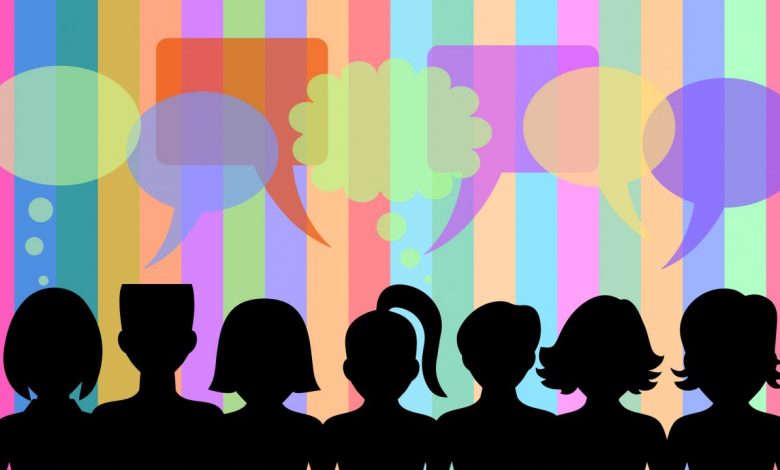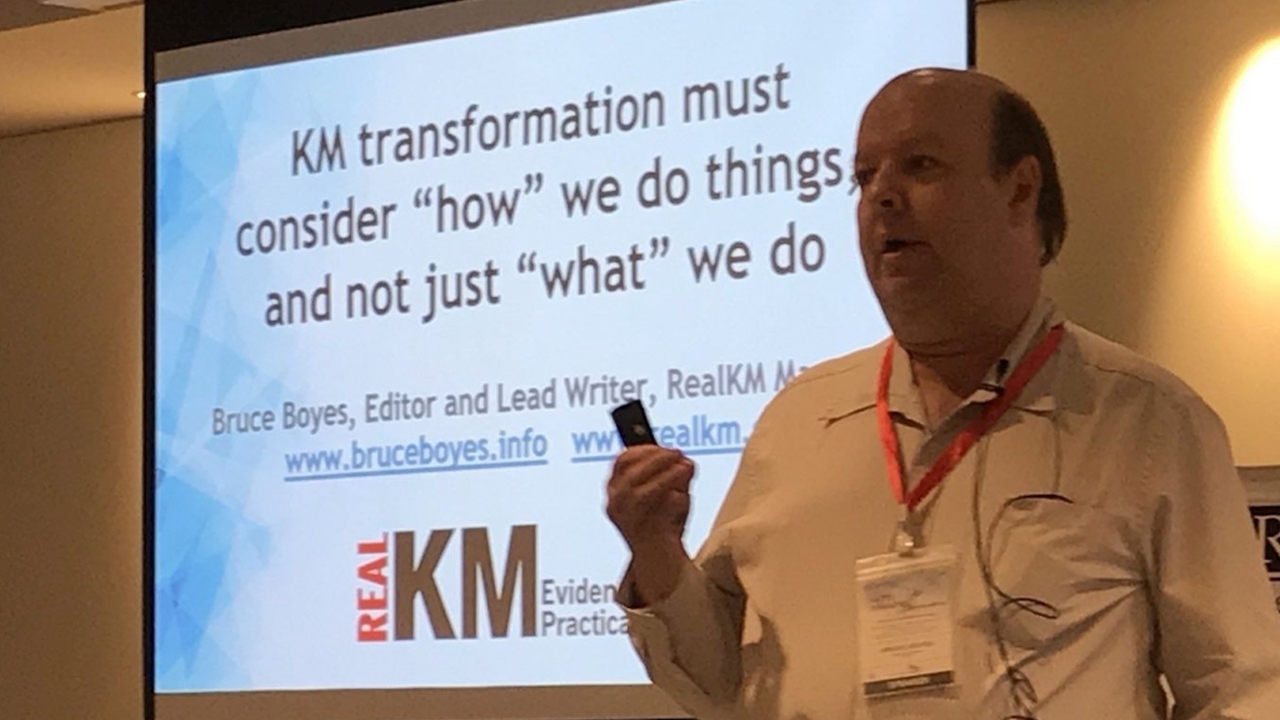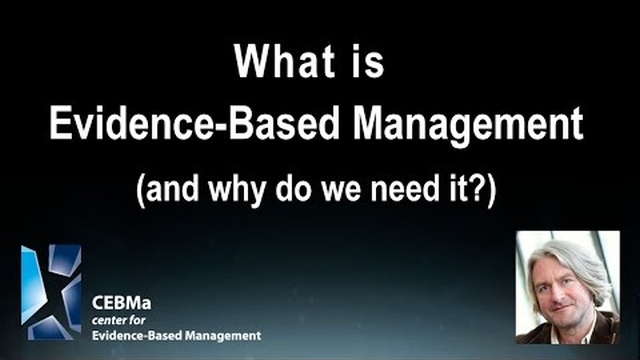
In the know: narrm ngarrgu library | language diversity in knowledge production | Knowable Magazine
In the know is a regular roundup of knowledge management (KM) topics of discussion and the articles, events, videos, and podcasts that are grabbing the attention of KM experts across our community.
narrm ngarrgu library draws on deep knowledge systems
Numerous RealKM Magazine articles have explored the evolving roles and functions of libraries, for example as innovation incubators and as community engagement hubs. Our arts and culture in knowledge management (KM) series has also highlighted how First Nations artworks are vast repositories of knowledge.
The newly opened narrm ngarrgu library and family services1 in Melbourne Australia brings all of these elements together. narrm ngarrgu (pronounced nahm nar-GUW) means ‘Melbourne Knowledge’, and is located on Wurundjeri Woi-wurrung Country. City of Melbourne has worked closely with Elders, artists and community members to bring this warm, welcoming space to life by drawing on deep knowledge systems.
The City of Melbourne Future Libraries Framework2 has three key principles: to honour, celebrate and acknowledge Aboriginal culture, to support a thriving city, and to amplify social access and equity. naarm ngarrgu was carefully designed with these priorities in mind. It includes welcoming, accessible spaces, First Nations artwork, books and collections, children’s library, family services centre, creative makerspace, and sound studios.
With thanks to Christoph Hewett for letting us know about narrm ngarrgu.
The role of language in diversifying knowledge production
Linguistic diversity is an important aspect of the sixth generation of knowledge management for sustainable development (KM4SD)3.
For the past three years, Decolonial Subversions has sought to introduce and implement a multilingual publishing model that has been ambitious and not without its challenges. In a newly published paper4, Dr Dr Romina Istratii and Dr Monika Hirmer – drawing from their interactions with diverse contributors around the world – reflect on the practical, contextual, political and epistemological challenges that hinder us from moving to multilingual publishing and shifting away from monolingualism and mono-dimensional or dominant ways of knowing the world.
Is this ever possible? Please read their reflections.
With thanks to Dr Romina Istratii for letting us know about this paper.
Knowable Magazine
For effective evidence-based decision-making, it’s important to be able to readily access research information.
Knowable Magazine is the digital publication from Annual Reviews academic journals, and seeks to make knowledge across a wide range of topics accessible to all. Like RealKM Magazine and The Conversation, Knowable Magazine explores the real-world significance of scholarly work through a journalistic lens. The Annual Reviews journal articles featured in Knowable Magazine are free to all for a limited period, and the republishing of its articles is encouraged.
Topic areas in Knowable Magazine include health and disease, living world, physical world, society, food, environment, technology, and the mind.
With thanks to Stuart French for letting us know about Knowable Magazine.
References:
- City of Melbourne. (2023, November 20). Discover narrm ngarrgu: your guide to Melbourne’s new library in the Queen Victoria Market precinct. Melbourne News. ↩
- City of Melbourne. (2021). Future Libraries Framework 2021. ↩
- Boyes, B., Cummings, S., Habtemariam, F. T., & Kemboi, G. (2023). ‘We have a dream’: proposing decolonization of knowledge as a sixth generation of knowledge management for sustainable development. Knowledge Management for Development Journal, 17(1/2), 17-41. ↩
- Istratii, R., & Hirmer, M. (2023). The role of language in diversifying knowledge production: Reflecting on the experience of Decolonial Subversions as a multilingual publishing platform. Decolonial Subversions Special Issue 2023, 2023, 77-95. ↩






